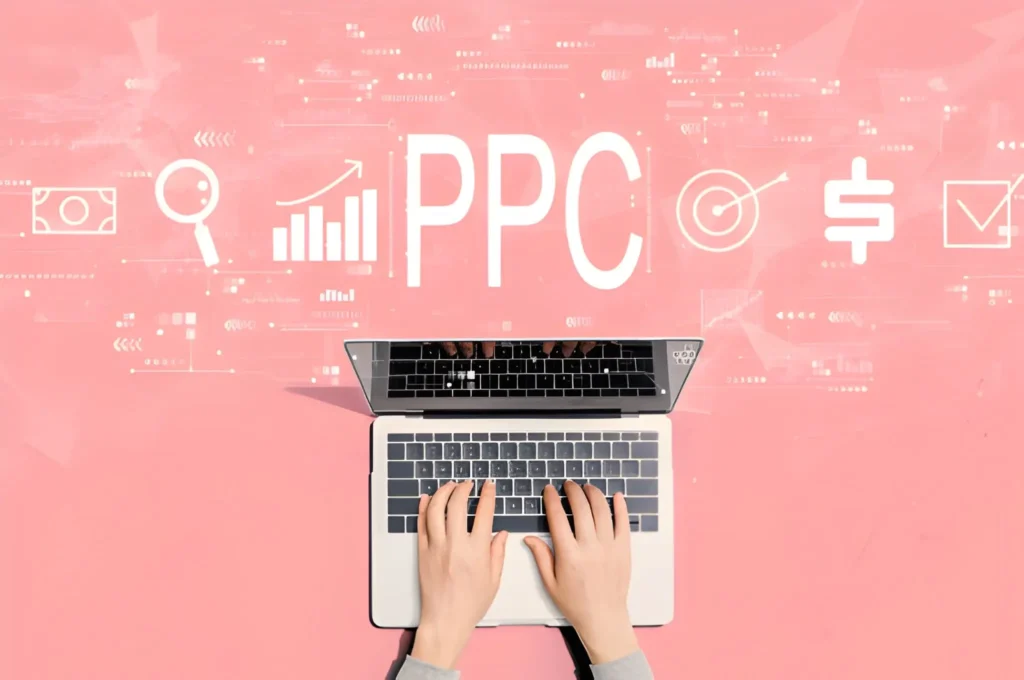If you’ve ever searched for something on Google and noticed sponsored results at the very top, you’ve already seen pay-per-click (PPC) advertising in action. It’s one of the most widely used online advertising models, allowing businesses to appear in prime digital real estate almost instantly. Whether you’re a small business owner or part of a large marketing team, understanding PPC is crucial for making smart advertising decisions. Many companies work with a ppc management service to ensure their ads are not only showing up but also delivering a good return on investment.
But what exactly is PPC advertising? How does it work? And more importantly, why should your business care? Let’s unpack these questions in plain language so you can decide if it’s worth your time, budget, and attention.
1. PPC in a Nutshell: How It Works
At its simplest, PPC is an online advertising model where you pay only when someone clicks on your ad. This is different from traditional advertising, where you pay for exposure regardless of whether anyone engages with your message.
The most common type of PPC is search advertising, which appears on platforms like Google and Bing. Here’s what typically happens:
- A user types in a search query.
For example, “best running shoes for beginners.” - An instant auction begins.
Advertisers who have chosen keywords related to that query enter a split-second bidding competition. - Ads appear based on bids and quality.
Google uses a combination of your bid amount and something called Quality Score (more on this later) to decide which ads to display. - You pay if they click.
If a searcher clicks your ad, you pay the amount determined by the auction. If they don’t click, you pay nothing.
This pay-per-click model is why PPC can be so appealing, it’s performance-based and allows you to track exactly how much you spend for each visitor you attract.
2. Why PPC Isn’t Just About Bidding Higher
It’s a common misconception that whoever bids the most automatically gets the best ad placement. In reality, Google (and other platforms) care about user experience. They want to show ads that are relevant, useful, and trustworthy, because happy searchers keep coming back.
That’s where Quality Score comes in. Quality Score is Google’s rating of the relevance and quality of your ads, keywords, and landing pages. It’s scored on a scale of 1 to 10 and takes into account:
- Expected click-through rate (CTR): The likelihood of someone clicking your ad.
- Ad relevance: How closely your ad matches the intent behind the search.
- Landing page experience: Whether your page is useful, easy to navigate, and relevant to the ad.
Even if your bid is lower than a competitor’s, a higher Quality Score can boost your Ad Rank (the formula that decides where your ad shows), allowing you to appear above them while paying less per click.
3. The Different Flavors of PPC Advertising
While search ads are the most familiar, PPC comes in several formats, each with its own strengths.
Search Ads
These appear at the top or bottom of search engine results pages when users search for specific keywords. They’re intent-driven, meaning they reach people actively looking for something.
Display Ads
These visual ads appear across a network of websites, apps, and YouTube videos. They’re great for brand awareness and retargeting people who have already visited your site.
Shopping Ads
For e-commerce businesses, shopping ads show product images, prices, and store names directly in search results.
Video Ads
PPC video ads, often shown on YouTube, allow you to engage viewers with motion and sound, which can be more memorable than text alone.
Social Media Ads
Platforms like Facebook, Instagram, LinkedIn, and TikTok run PPC campaigns where you can target users by demographics, interests, and behaviors.
Understanding these formats helps you choose the right mix for your marketing goals.
4. Why Businesses Should Care About PPC
If you’re wondering whether PPC is worth the effort, here are several reasons it matters in today’s marketing landscape.
Immediate Visibility
Unlike search engine optimization (SEO), which can take months to show results, PPC campaigns can put you on page one of search results almost immediately.
Highly Targeted Reach
You can zero in on people by location, age, interests, device type, or even the time of day. This means your ads are more likely to reach the right audience at the right moment.
Measurable Performance
With PPC, every click, impression, and conversion can be tracked. This makes it easier to calculate return on ad spend (ROAS) and adjust campaigns in real time.
Budget Control
You can set daily or monthly budgets and adjust them anytime. This makes PPC accessible for both small and large businesses.
Flexibility
Need to promote a seasonal sale or test a new offer? PPC campaigns can be launched, paused, or modified on the fly.
5. The Challenges of Running PPC Without a Plan
While PPC has many benefits, jumping in without a clear strategy can lead to wasted spend and disappointing results. Common mistakes include:
- Choosing overly broad keywords: This can attract irrelevant traffic and drain your budget.
- Ignoring negative keywords: These prevent your ads from showing on unrelated searches.
- Neglecting landing pages: Sending ad traffic to a generic homepage often leads to lower conversions.
- Failing to test ads: Without A/B testing, you might never know which version could perform better.
- Not monitoring campaigns regularly: PPC needs active management to remain cost-effective.
This is why many businesses opt for ongoing campaign oversight or a professional ppc management service, small tweaks can make a big difference in performance.
6. How Google Decides Which PPC Ads to Show
Let’s simplify Google’s selection process for PPC ads:
- Search Query Trigger – Someone searches for a keyword you’re targeting.
- Ad Auction Begins – Google identifies all advertisers bidding on that keyword.
- Ad Rank Calculation – Google multiplies your bid by your Quality Score to determine your rank.
- Ad Placement – The highest-ranked ads appear in the top slots, while others appear further down or not at all.
- Cost Per Click Determined – You pay just enough to beat the competitor ranked below you.
This process repeats every time someone searches, which means your ad performance can vary depending on competition, time of day, and search trends.
7. Best Practices for a Strong PPC Campaign
If you want PPC to deliver results, consider these proven tactics:
- Start with Keyword Research – Use tools like Google Keyword Planner to identify high-intent search terms.
- Segment Your Campaigns – Organize by product, service, or audience for better targeting.
- Write Compelling Ad Copy – Your headline and description should speak directly to the searcher’s need.
- Optimize Landing Pages – Make sure they match your ad’s promise and are mobile-friendly.
- Use Ad Extensions – Add phone numbers, site links, or reviews to increase click-through rates.
- Track Conversions – Know which clicks actually lead to sales or leads.
- Test Constantly – A/B test headlines, images, and calls to action.
- Monitor and Adjust – Use performance data to refine targeting and budget allocation.
8. The Long-Term Value of PPC
PPC isn’t just about short-term wins. When used strategically, it can complement your other marketing efforts:
- Supports SEO – PPC data can reveal which keywords are worth pursuing organically.
- Brand Visibility – Even if users don’t click your ad, seeing it multiple times can improve brand recall.
- Audience Insights – Campaign data helps you understand who engages with your brand and why.
Businesses that view PPC as part of an integrated marketing strategy often see the best results, balancing it with content marketing, SEO, and social media engagement.
Final Thoughts
PPC advertising gives businesses the power to reach potential customers at the exact moment they’re looking for products or services. By understanding how it works, the role of Quality Score, and the importance of relevance, you can make better decisions about how to allocate your budget.
Whether you manage campaigns in-house or use a ppc management service, the key is to approach PPC with a clear strategy, ongoing optimization, and a willingness to adapt. In the crowded digital marketplace, that combination is what turns clicks into customers.
Also Read-



